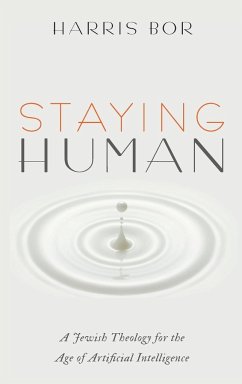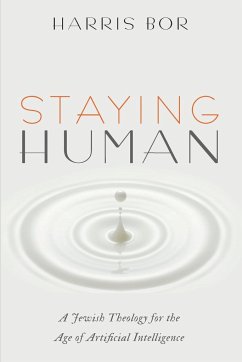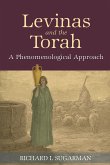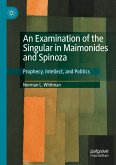Futurists speculate that we are heading towards a 'singularity,' where AI will outsmart human beings, and humanity will coalesce into a single, ever-expanding mind for which data is everything. The idea mirrors conceptions of God as everything, singular, and all-knowing. But is this idea of the singularity, or God, good for humanity? Oneness has its attractions. But what space does it leave for individuality and difference? In this book, British-Jewish theologian, Harris Bor, explores these questions by applying approaches to oneness and difference found in the thought of philosophers, Benedict Spinoza (1632-1677) and Martin Heidegger (1889-1976), to the challenges of religious belief and practice in the era of AI. What emerges is a dynamic religion of the everyday capable of balancing all aspects of being, while holding tight to a God who is both singular and wholly other, and which urges us, above all, to stay human.








